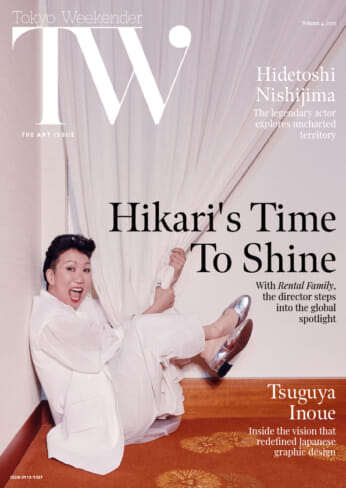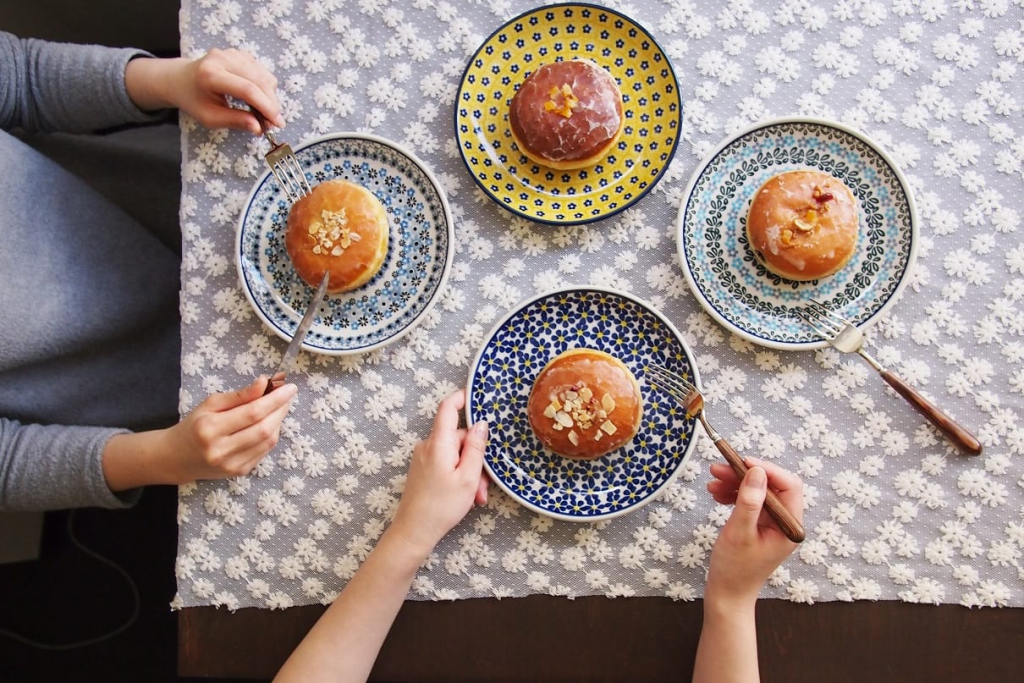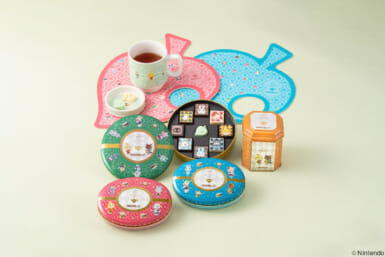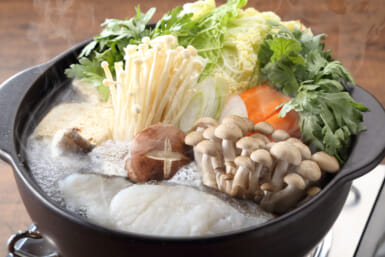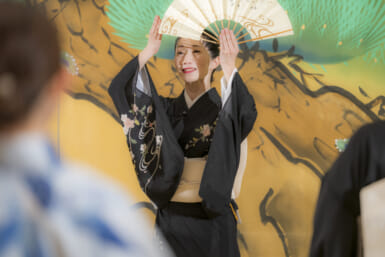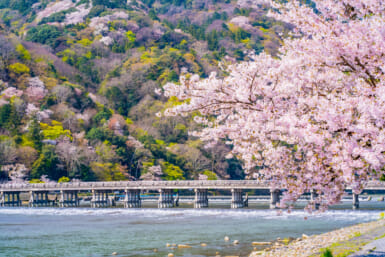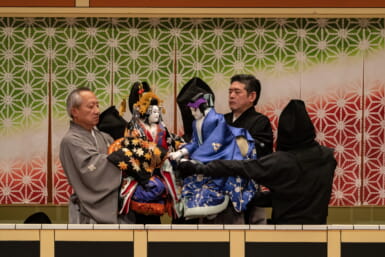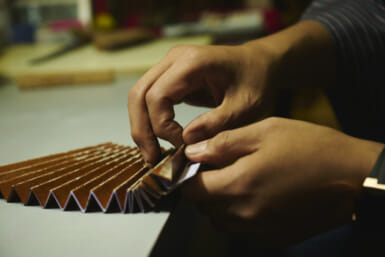Poland and Japan might seem like they are worlds apart, but they actually have some things in common. They both have Russia for a neighbor and they have the same word for cotton — wata. Admittedly, that’s where most of the similarities end. This might explain why Poland doesn’t have a strong cultural foothold in Japan. However, Meiko Sakamoto is aiming to change that in the sweetest way possible, one Polish donut at a time.
From Poland with Love
“As with most lovers of Poland, I was first drawn to the country by (Frédéric) Chopin,” the owner and proprietor of the Ponchikiya donut shop tells TW. “After getting my degree in Polish studies, I felt the need to promote Polish culture in Japan, which still remains fairly obscure here. And I thought the best way to get people interested in Poland was through their stomachs. So, after graduating from culinary school, I turned to selling paczki, first from a food truck in 2014 and then from a fixed shop in 2018.”
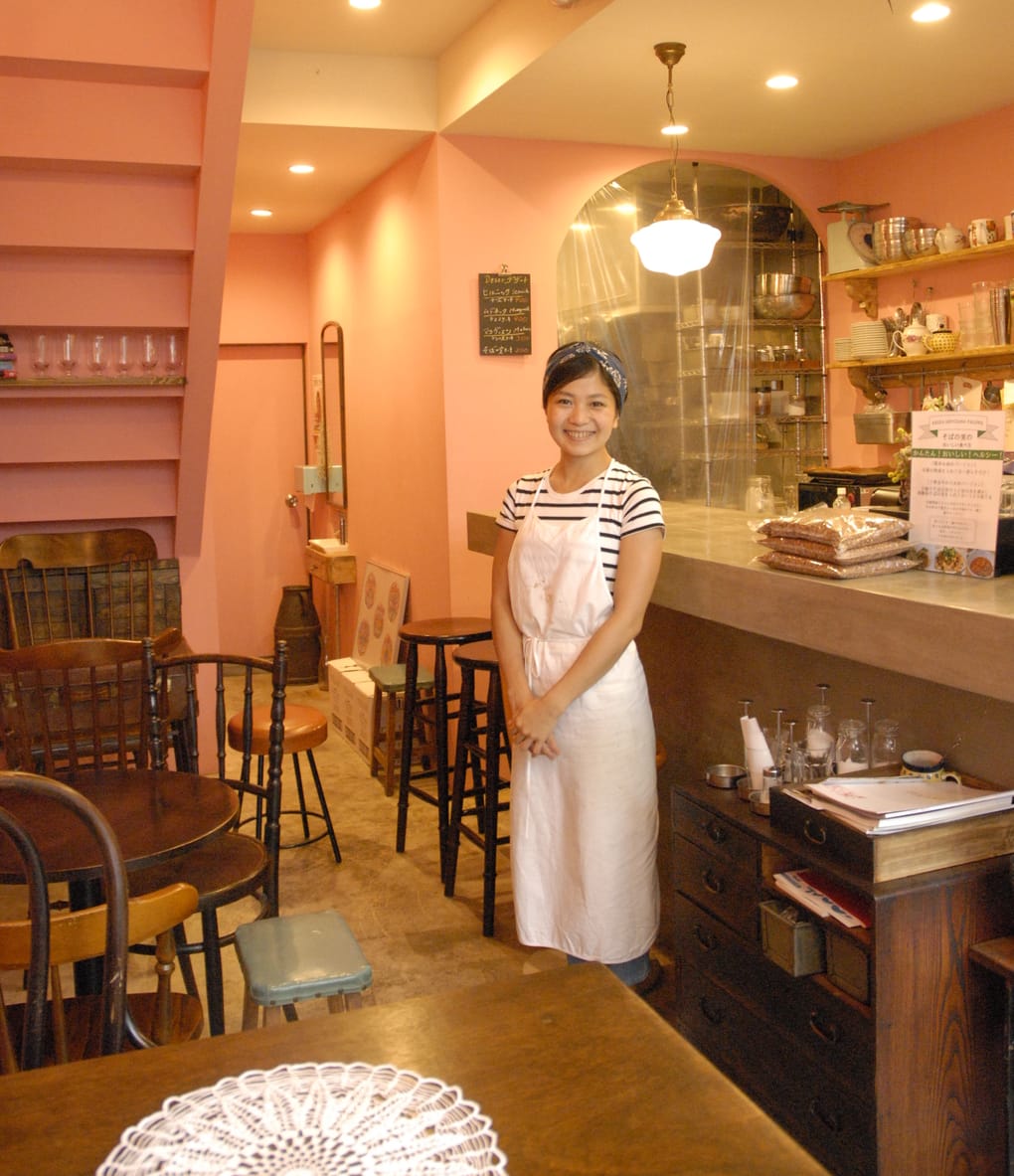
How Polish Donuts Circled the Globe
“Paczki,” from which “Ponchikiya” gets its name (meaning “The Paczki Store” in Japanese), are Polish donuts made from a rich dough often with added rectified alcohol to prevent them from absorbing too much oil while deep-frying. This results in a light and fluffy treat that is often glazed or covered with orange zest. At first glance, it can be mistaken for a Polish take on the American jelly donut. But as Sakamoto explains it, it’s the other way around.
“American donuts can be traced back to Polish paczki and German Berliners. Except that in the US, they had trouble getting yeast so they used baking soda instead, which often resulted in raw dough inside the finished product. To avoid that, Americans started making them with holes in the middle. You might, therefore, say that paczki are the great-great-great-great grandparents of American donuts.”

Delivering Joy
Traditionally made with rose jam, today paczki are available with all sorts of fillings (because it’s not a Polish donut without the filling), including chocolate. You’ll find both the classic and modern versions of the treats at Ponchikiya, which also sells a variety of Polish goods and utensils through its website. The site is the best way to get your hands on Polish sweets in Japan if you don’t live in the vicinity of Shibasaki Station (Chofu, Tokyo) where the Ponchikiya store is located. And they deliver all over Japan.
Despite Sakamoto’s efforts, though, paczki still aren’t well-known in Japan. In fact, the owner of Ponchikiya admits she lost count how many times she had to explain to people that “Paczki are Polish donuts.” And then immediately having to follow it with “Poland is a country next to Germany…”
But Sakamoto wouldn’t want to do anything else. She developed a passion for paczki since first visiting Poland in 2010. She loves the taste, the “kawaii” shape and continues to spread Polish culture throughout Japan via paczki and other desserts such as makowiec (poppyseed roll).
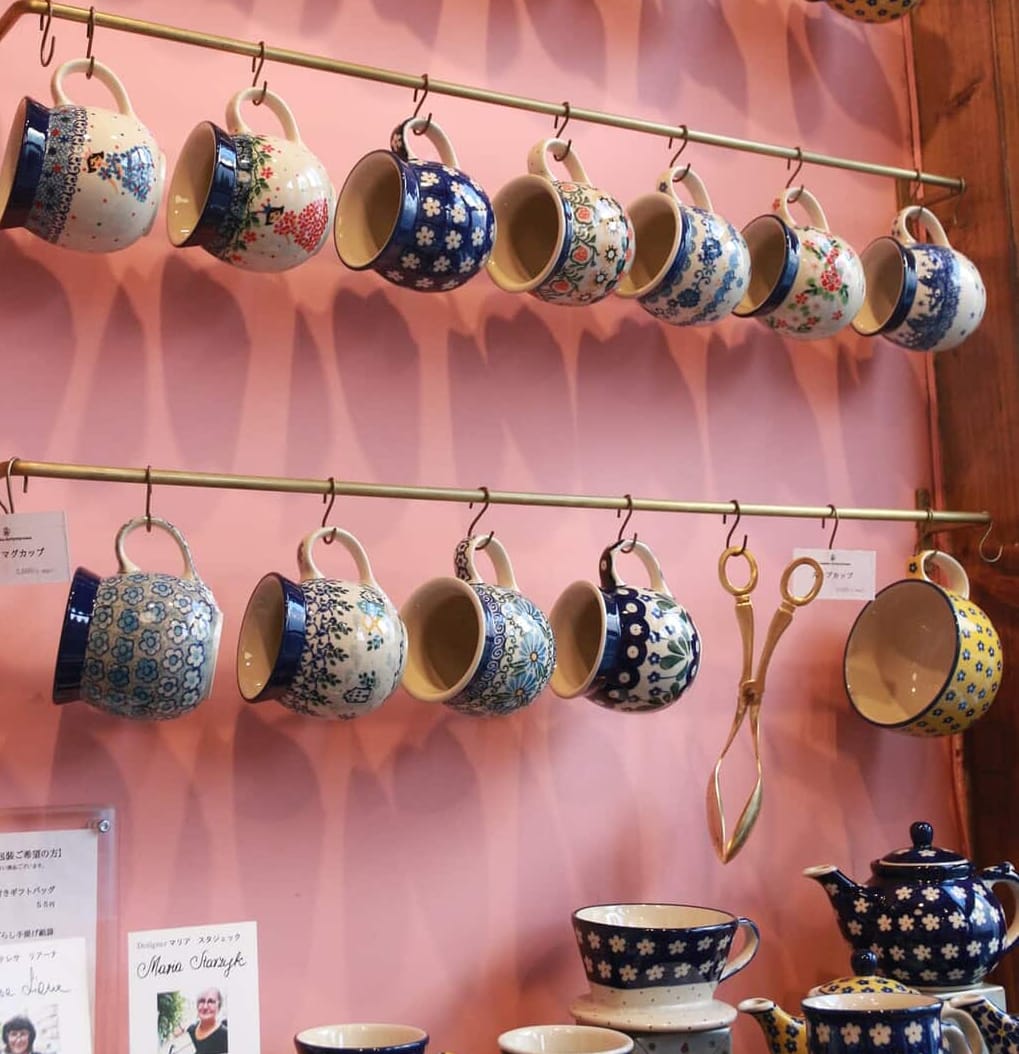
Donut Miss Out on an Authentic Taste of Poland
Anyone who knows a chef or a baker soon learns not to ask them which of their creations they like the best because, to a professional, that’s like asking them to choose between their children. Sakamoto feels the exact same way. Though she did ultimately recommend rose petal jam paczki for “an authentic taste of Poland.”
You don’t need a special occasion to enjoy a delicious Polish donut, but if you absolutely must have one for whatever reason, there’s one just around the corner. On February 24, Poland and other nations across Europe will be celebrating Fat Thursday. It’s the last Thursday before Lent when Polish people consume massive amounts of paczki. Even in Japan, you can except Ponchikiya to be busier than usual around that time, so if you want to have yourself a Polish-style Fat Thursday, get your orders in quickly. Or you could just order some paczki for yourself right now. You’ll like them. They’re very good.
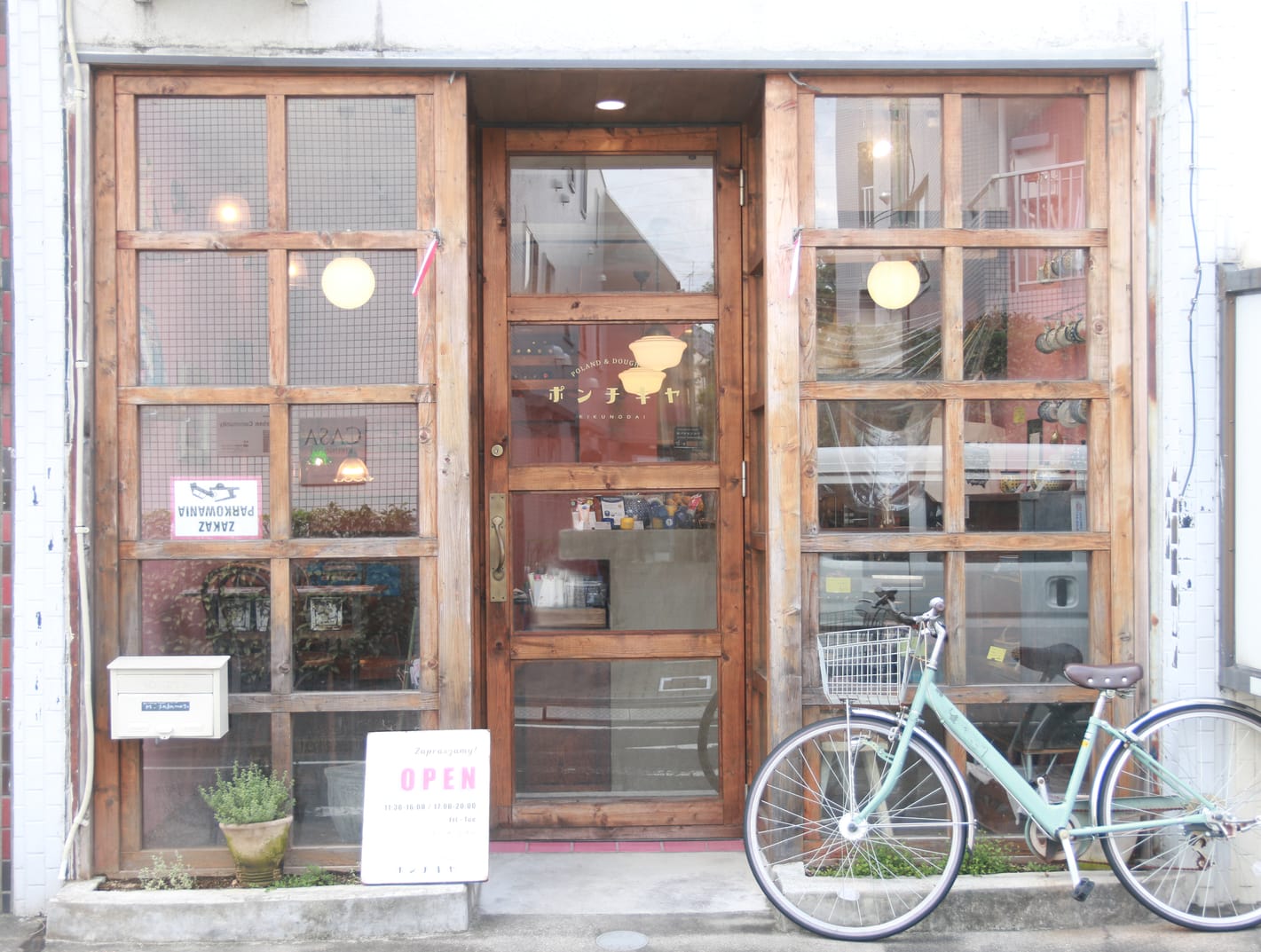
Looking for more international authentic eats? Check out TW’s Rare Foodie Finds.
Kyojin Stewhouse Serves Authentic Irish Food in Tokyo
The Best Persian Restaurants in Tokyo and Yokohama
Updated On December 24, 2021
